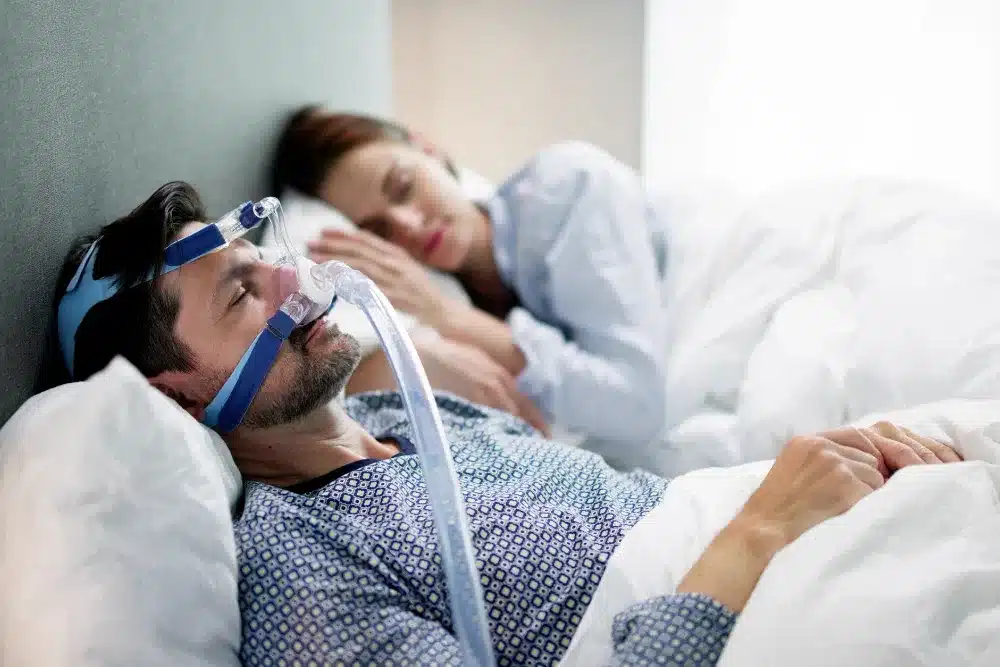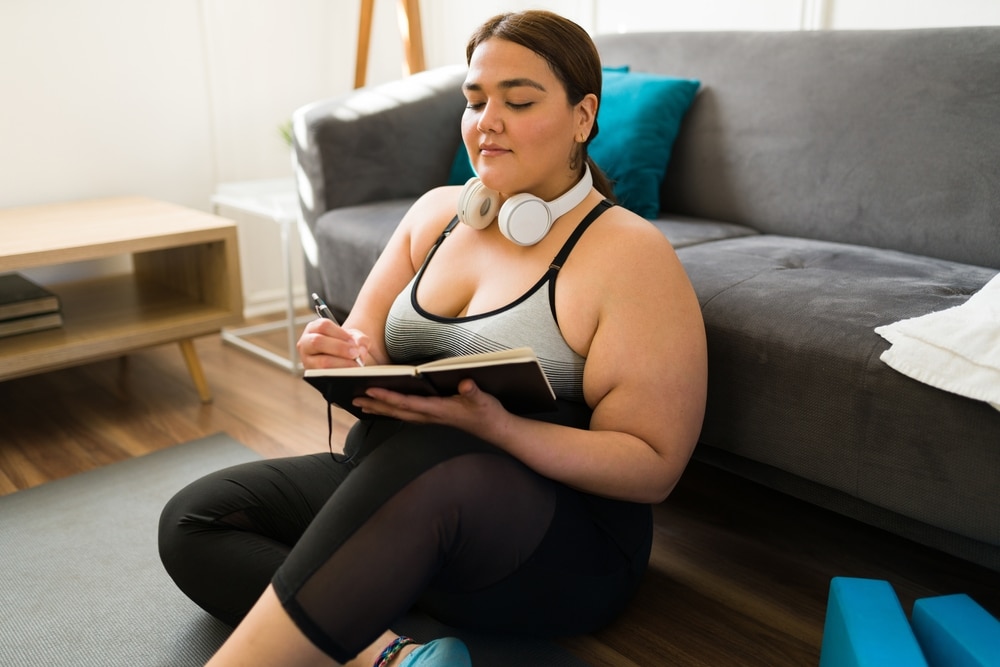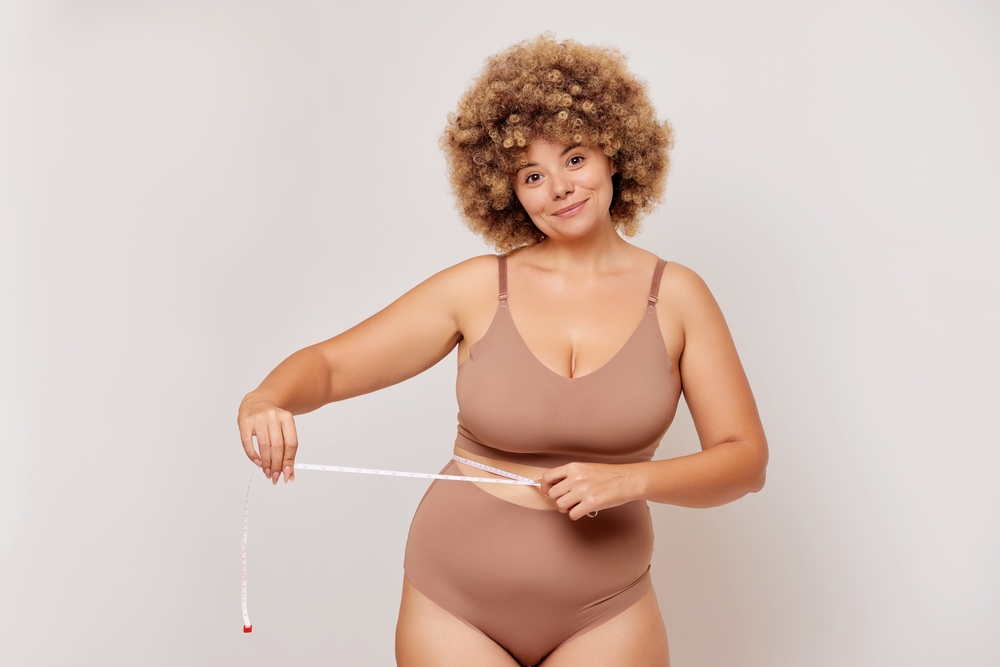Sleep apnea is a common sleep disorder that affects millions of people worldwide. It is characterised by interruptions in breathing during sleep, which can lead to a range of health problems and poor quality of life. One treatment option for sleep apnea is using a sleep apnea machine, also known as a continuous positive airway pressure (CPAP) machine.
In this article, we explore sleep apnea, how sleep apnea machines work, their benefits, and some practical tips for using them and finding the right CPAP machine for a good night’s sleep.
What is Sleep Apnea?
Sleep apnea is a sleep disorder characterised by recurrent pauses in breathing during sleep. These pauses, known as apneas, can last for several seconds and can occur many times throughout the night. There are three primary types of sleep apnea:
- Obstructive Sleep Apnea (OSA): This is the most common form of sleep apnea and occurs when the muscles in the throat relax excessively, leading to a blocked airway.
- Central Sleep Apnea: Central sleep apnea is less common and is caused by the brain’s failure to send the appropriate signals to the muscles that control breathing.
- Complex or Mixed Sleep Apnea: This type of sleep apnea is a combination of both obstructive and central sleep apnea.
Is there medication for sleep apnea?
Medication is typically not the primary treatment for sleep apnea. Sleep apnea is a physical condition that involves the obstruction of the airway or disruptions in the brain’s control of breathing during sleep. While medication is not a cure for sleep apnea, it may be used in specific cases to address certain symptoms or contributing factors, but it is not a standalone treatment for the condition itself.
Sleep medications may be considered for the following purposes:
- Comorbid Conditions: Sleep apnea is often associated with other medical conditions such as obesity, hypertension, and heart disease. Medications may be prescribed to manage these conditions, but they do not directly treat sleep apnea.
- Nasal Congestion: If nasal congestion contributes to sleep apnea, decongestants or nasal steroids may be recommended to alleviate the congestion, making it easier to breathe during sleep.
- Supplemental Oxygen: Some individuals with sleep apnea may require supplemental oxygen therapy, often provided through a Continuous Positive Airway Pressure (CPAP) machine. While this is not a medication, it is a treatment that delivers oxygen to support breathing.
- Stimulants: In some instances, stimulant medications may be prescribed to manage excessive daytime sleepiness caused by sleep apnea. However, this is typically a short-term solution, and addressing the underlying sleep apnea is crucial.
It’s important to note that the gold standard treatment for sleep apnea, particularly for moderate to severe cases, is using a CPAP machine or other positive airway pressure devices. Automatic positive airway pressure (APAP) machines are similar to CPAP machines, but they vary the pressure automatically in response to your needs, which can make it a more comfortable sleep apnea machine. Lifestyle modifications, weight loss, positional therapy, and, in some cases, surgery are also recommended to manage sleep apnea effectively. Plus, it’s also beneficial to maintain good sleep hygiene.
If you suspect you have sleep apnea or have been diagnosed with the condition, it’s essential to consult a healthcare professional or sleep specialist for a comprehensive evaluation and personalised sleep treatment plan. They can recommend the most appropriate treatment options based on the severity and specific characteristics of your sleep apnea.
How Sleep Apnea Machines Work
Sleep apnea machines, commonly referred to as CPAP machines, are designed to treat obstructive sleep apnea, although they can be effective for central sleep apnea as well. The primary component of a CPAP machine is a pump that generates a constant flow of air. The machine has a hose and a mask that fits over the nose and/or mouth.
Here’s how a CPAP machine works:
- Air Pressure: The machine generates a continuous air flow at a prescribed pressure level.
- Air Delivery: The air is delivered to the patient through the hose and mask.
- Airway Support: The constant air pressure helps keep the airway open during sleep, preventing apneas and snoring.
Benefits of Sleep Apnea Machines
CPAP machines offer a lifeline to those affected by this common sleep disorder. Their impact goes far beyond uninterrupted sleep; they bring about a transformation in health and well-being. Here are some of the remarkable benefits they provide:
- Improved Sleep Quality: CPAP machines significantly reduce the number of apneas and hypopneas, allowing individuals to enjoy uninterrupted and restful sleep. Learn what happens when you sleep.
- Enhanced Alertness: Treating sleep apnea with a CPAP machine can lead to increased daytime alertness, improved concentration, and reduced daytime fatigue.
- Cardiovascular Health: CPAP therapy has been shown to reduce the risk of heart disease and improve high blood pressure in individuals with sleep apnea.
- Decreased Risk of Complications: Effective treatment can reduce the risk of complications such as strokes, diabetes, and mood disorders.
- Better Quality of Life: Patients who use CPAP machines often report an improved quality of life and overall well-being.
Practical Tips for Using a Sleep Apnea Machine
Using a CPAP machine effectively is key for managing sleep apnea and reaping the benefits of improved sleep and well-being. Here are some practical tips to help you make the most of your CPAP therapy:
- Consult a Healthcare Professional: Before using a CPAP machine, it’s important to undergo a sleep study and receive a prescription from a healthcare provider. They will determine the optimal pressure settings for your machine.
- Mask Comfort: It may take some time to find the right CPAP mask that fits comfortably and provides a good seal. Try different CPAP mask types and sizes to find the one that works best for you.
- Consistent Use: To reap the benefits of CPAP treatment, it’s essential to use the machine consistently, even during short naps.
- Proper Maintenance: Regularly clean and maintain your CPAP machine, mask, and accessories to ensure effective and hygienic therapy.
- Adjust Gradually: If you experience discomfort or difficulty adjusting to the machine, consult your healthcare provider. They can help you make gradual adjustments to improve your comfort.
Sleep apnea machines, or CPAP machines, are a vital tool in managing and treating sleep apnea. They offer a lifeline to those suffering from this common sleep disorder, improving sleep quality, reducing health risks, and enhancing overall well-being. If you suspect you have sleep apnea, seek guidance from a healthcare professional and consider using a sleep apnea device to regain restful and rejuvenating sleep.
Ready to take control of your sleep apnea and enjoy restful nights? Shop CPAP machines online with Air Liquide today!





